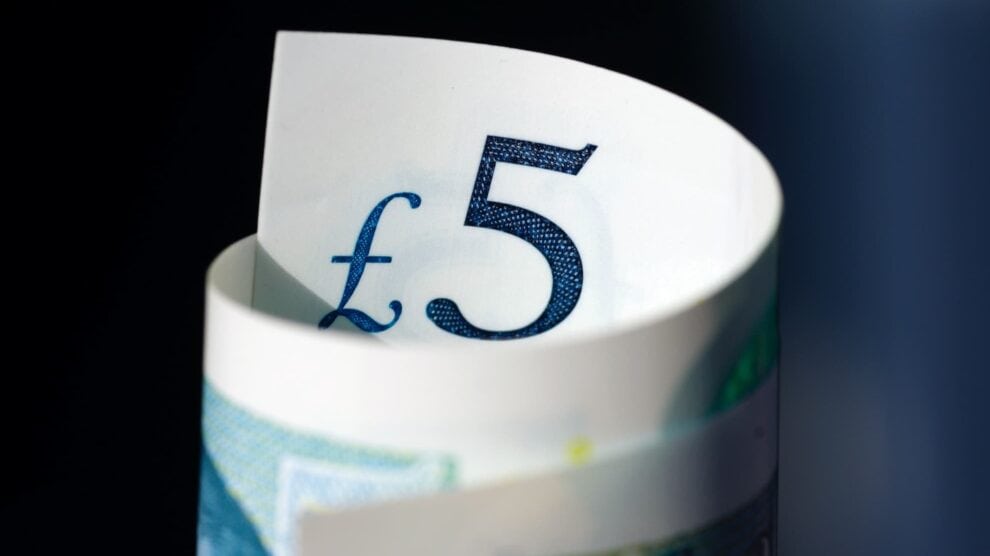The Bank of England’s decision to raise the base interest rate to 5% has sparked a flurry of debate within the business community, and some experts believe that it may exacerbate existing pressures on businesses rather than alleviate them.
In a recent statement, Phil Smith, Managing Director of Business West, one of the most influential business leadership teams in the UK, has expressed concerns over the implications of the interest rate hike. He notes that the rate increase comes at an already challenging time for businesses, with the tightness in the labour market and ongoing trade barriers with the EU driving up costs.
Smith argues that while the increase signals the Bank’s resolve to combat inflation, a higher interest rate seems unlikely to address the surge in wage and input prices that have been a feature of the economic landscape since the start of 2021. This surge has resulted from a combination of factors, including global supply chain disruptions and increased consumer demand as COVID-19 restrictions have eased.
The rise in interest rates is expected to affect consumers and businesses alike. On the consumer front, those with debts will have less discretionary income to spend. From a business perspective, companies that rely on overdrafts or variable rate loans will face higher interest costs, which will eat into their bottom line.
Despite this, Smith acknowledges some positive indicators. He points out that input producer price inflation has decreased by 1.5% since April. However, he insists that the Bank must commit to cutting interest rates quickly as inflation slows.
The current economic climate, marked by high inflation and high interest rates, is extremely challenging for businesses. The Bank of England’s Monetary Policy Committee has raised interest rates for the 13th consecutive time, resulting in the Bank rate reaching its highest level in 15 years.
Smith warns that these conditions could push some businesses to the brink and calls for solutions that do not depend solely on the interest rate lever. Given that prices rose by 8.7% in the year to May, as reported by the Office for National Statistics (ONS), there is a clear need for innovative and robust economic strategies.
The impact of the rate rise extends beyond the business sector. More than 1.4 million people on tracker and standard variable rate deals usually see an immediate increase in their monthly payments, which have seen an increase in monthly repayments of £465 on a tracker and £297 on an SVR since December 2021. (Source: BBC)
The so-called “mortgage bomb” has become a huge economic and political issue. As people transition from cheap fixed-rate deals onto products with much higher rates, their monthly repayments can become significantly more expensive.
The interest rate rise also influences the amount charged on credit cards, bank loans, and car loans, and lenders may decide to put prices up further if they expect higher interest rates in the future.
Savers may benefit from the rise in interest rates, but even this has a caveat. While the deals being offered now are better than anything seen for years, interest rates are not keeping up with rising prices, meaning the buying power of cash savings is falling in real terms.
The government and the Bank of England must consider these wide-ranging impacts and explore alternative strategies to manage inflation and support businesses and consumers. In this complex economic landscape, relying on interest rate adjustments may not be enough. It is crucial that all levers of economic policy are used judiciously to ensure a stable and sustainable recovery.
Submit a story
















